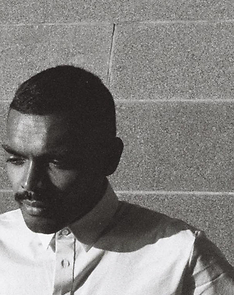Sinthujan Varatharajah
Music and colonial modernity
Technically-speaking, the term 'classical' says little about a geographic place. It instead refers to a relationship to time and class. Yet, when used in imperial languages and in the context of music, "classical" is mostly understood as something place and culture-specific; as something sternly European. While non-European music was systematically pushed into physical and rhetorical museums by Europeans, considered something backwards and inwards-facing, Europe's cultures were deemed "timeless", "classical" and yet also future-oriented by them. With time and violence they became symbols of mobility, progress and "civilisation" even for many colonised and would-be-colonised. Today, conservatories can be found in all corners of this planet, sitting on main streets in European-style buildings from Nairobi, Kabul to Seoul, training tens of thousands of students in rhythms and relationships that are inherently foreign and colonial.
In this talk, Sinthujan Varatharajah explores why questions of representation of non-European in the bourgeois European music industry distracts from the more important questions of how we ended up in a world in which European "classical music" has become a global cultural enterprises in the first place.
 Sinthujan Varatharajah lebt als politische Geograf*in und Essayist*in in Berlin. Varatharajahs Arbeiten befassen sich mit der Staatenlosigkeit und Vertreibung aus einer räumlichen, logistischen und materialistischen Perspektive. Varatharajahs erstes Buch, 'an alle orte, die hinter uns liegen', ist im Herbst 2022 im Hanser Verlag erschienen. Das Buchprojekt 'Englisch in Berlin', eine Kollaboration mit Moshtari Hilal, ist im gleichen Jahr bei Wirklichkeits Books erschienen.
Sinthujan Varatharajah lebt als politische Geograf*in und Essayist*in in Berlin. Varatharajahs Arbeiten befassen sich mit der Staatenlosigkeit und Vertreibung aus einer räumlichen, logistischen und materialistischen Perspektive. Varatharajahs erstes Buch, 'an alle orte, die hinter uns liegen', ist im Herbst 2022 im Hanser Verlag erschienen. Das Buchprojekt 'Englisch in Berlin', eine Kollaboration mit Moshtari Hilal, ist im gleichen Jahr bei Wirklichkeits Books erschienen.
